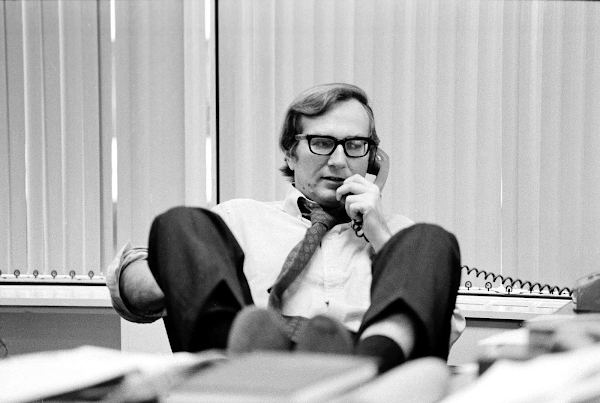As we pass the anniversary of Russia's recent invasion of Ukraine, it is harder and harder to find space in the public sphere and the public discussion where viewpoints other than the liberal consensus can be expressed. By 'the liberal consensus', I mean the broad tendency in the EU and the United States, as far as I can see, to consider the crisis to be one entirely of Russia's making; to be without context or history or backstory; to be driven by a single psychopathic leader, Vladimir Putin; and to be resolvable principally by war. Ukraine must prevail, this line of thinking goes, Putin must fall, Russian military capacity must be destroyed, and a nice new leader must take power in Moscow.
The problem with this line of thinking is its utterly un-reflexive nature. At no point in this ideological framework is any blundering or culpability or greed or strategizing by the United States, other great powers, NATO or the European Union considered or even imagined. Specious historical analogies are drawn - so we have Michael McDowell (not a stupid man, by any means) comparing the current moment to - wait for it - Munich 1938. This is what passes for intelligent and historically-minded 'analysis' in the Irish Times, the Irish 'newspaper of record'. Or we get the same Irish Times carrying an ignorant and superficial 'critique' of John Mearsheimer's writing about Russia and Ukraine by the Financial Times columnist (and Orwell Prize winner, God help us) Gideon Rachman, which ignores Mearsheimer's valuable scholarship and portrays him as a 'useful idiot' for Russia and China. One can only conclude that the likes of McDowell and Rachman are 'useful idiots' for NATO and the United States' proxy war against Russia.
Amidst the wreckage on the intellectual landscape, the odd beacon still stands. Mearsheimer himself is attractively irrepressible. His colleague Stephen Walt likewise. In Britain, Anatol and Dominic Lieven, major historians of Russia and of the former USSR, have been voices of integrity and nuance. Here are articles by each of them.
First, Anatol Lieven in today's Guardian:
And an interview with Dominic Lieven, from December last:




